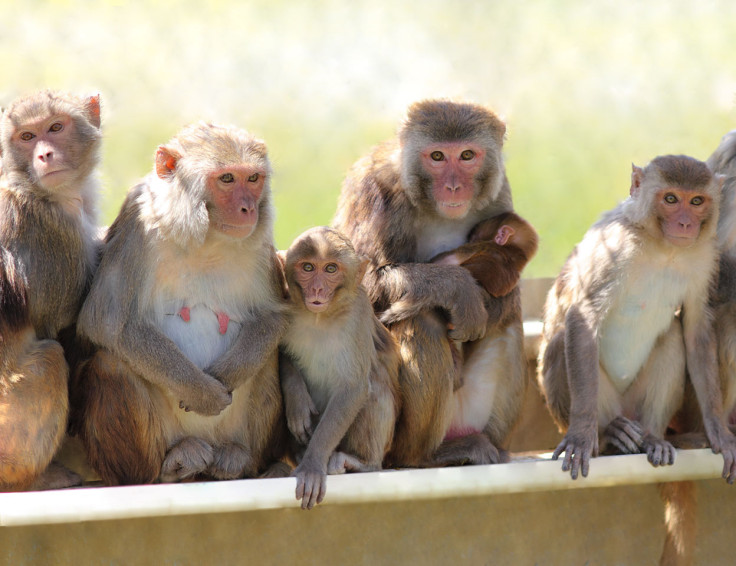Florida plagued by herpes-riddled monkeys that can kill humans
The state now wants to get rid of rhesus monkeys to prevent the disease from spreading

Florida is worried about monkeys.
Wildlife managers want to get rid of roaming monkeys in the Sunshine State. A study released Wednesday (10 January) claims that their body fluids, including saliva and faeces, contain a deadly virus that is dangerous to man, reports the AP.
A research team studied several rhesus monkeys from the Silver Springs State Park, and found they carried the Herpes B virus. While it is common among macaques, the study, which was published in the Centre for Disease Control and Prevention (CDC) journal Emerging Infectious Diseases, claims the virus can be transmitted to humans and poses several health risks.
According to the study, 30% of feral macaques located in Florida may be carrying the disease, which is transmittable to humans.
Herpes B in humans in rare: only 50 cases have been registered worldwide and transmissions of the virus have never knowingly happened in the wild. All infected people were infected by contact with monkeys in labs. However,21 one of the infected people died from the disease. They had contracted it through monkey bites and scratches, according to the CDC.
"When it does occur, it can result in severe brain damage or death if the patient is not treated immediately," said a spokesperson for the CDC. The researchers behind the study are warning Florida's wildlife agency to treat the monkeys as a serious health concern.
While occurrences in the wild have not been reported so far, officials are taking the problem seriously and are considering ridding the state of the species for good to keep the virus from spreading.
"Without management action, the presence and continued expansion of non-native rhesus macaques in Florida can result in serious human health and safety risks including human injury and transmission of disease," said Thomas Eason, from the Florida Fish and Wildlife Conservation Commission.
"The commission supports the removal of these monkeys from the environment to help reduce the threat they pose. This can be done in a variety of ways," another spokesperson for the commission said.
Rhesus monkeys come from Asia, and are one of the biggest non-native wildlife species in Florida. They draw people to the state's parks and have become notorious for their interactions with humans. They like to roam outside parks and have even been spotted in cities. This proves dangerous, as the virus is carried in their saliva and faeces. They could infect the humans they meet by biting them.






















